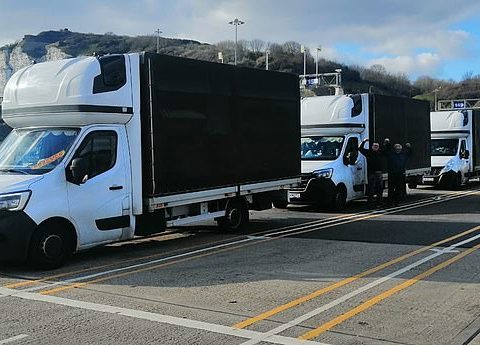A report by UK in a Changing Europe shows that half of Brexiteers were actually comfortably well off. The research highlights that they did not have expectations of huge economic gains but thought that leaving the EU would help address other issues in Britain.
The think tank, UK in a Changing Europe, drew on workshops from the summer of 2020 by the NatCen Social Research.
The report, titled ‘Comfortable Leavers: The expectations and hope of the overlooked Brexit voters’, aims to uncover the motivations and aspirations of a typical leave voter in the UK.
The report reads: “An image of the left-behind leave voter has taken hold: a poorly educated inhabitant of a faded seaside town or the grim, post-industrial north.
“But we forget too easily that no place (or group of people) is wholly homogenous.
“Many people voted for Brexit even in the most pro-remain places; more than a million people in Scotland and 1.5 million in London voted leave.”
The research found that almost half of leave voters were relatively well off.
Only a quarter of Brexit voters were categorised as “economically deprived, anti-immigration” and “very likely” to have a monthly household income less than £2,200 a month.
A third of leavers were grouped as the “older working classes” with an average age of 71.
READ MORE Brexit: Mega-trade deal on brink – Truss wants glittering prize
NatCen conducted eight workshops involving 130 people – 73 who voted leave, 55 who voted to remain in the EU and two who did not vote.
Although some voters anticipated initial economic disturbance, the comfortable leavers believed they are “sheltered…from the bumpy roads ahead”.
The report said: “Many of the comfortable leavers liked where they lived, they spoke about access to green spaces, shopping malls and local amenities but were aware of areas close by where they saw problems of crime and antisocial behaviour, a lack of opportunities for young people and loss of local manufacturing industry.
“They believed that Brexit would free up funding for some of this investment.”




